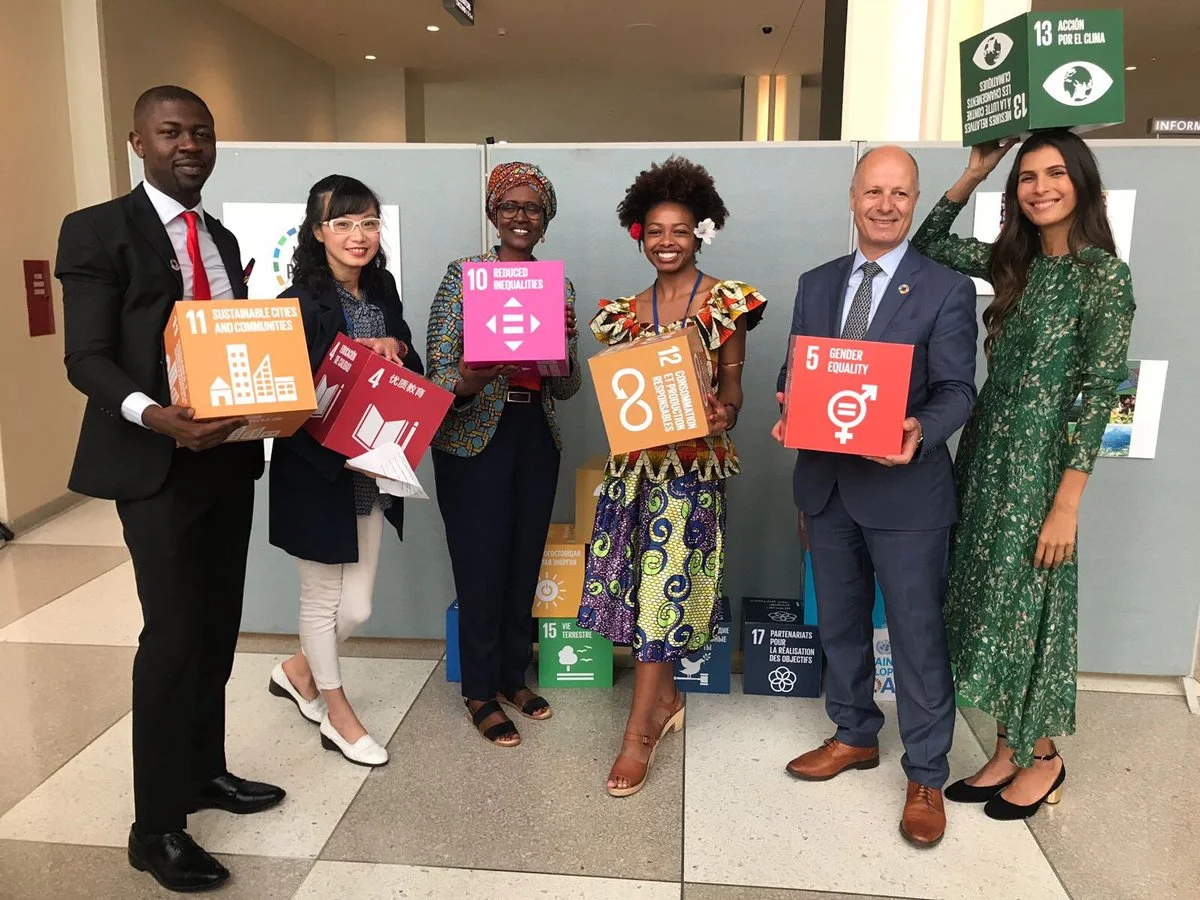“The United Nations is doing a considerable amount to invest in youth. We are acquiring knowledge and best practices about the issues affecting young people today. And we are making greater efforts to engage youth in our negotiating and decision-making processes. Still, I do not think we have gone nearly far enough.”
Participation is a fundamental right. It is one of the guiding principles of the Universal Declaration of Human Rights that has been reiterated in many other Conventions and Declarations. Through active participation, young people are empowered to play a vital role in their own development as well as in that of their communities, helping them to learn vital life-skills, develop knowledge on human rights and citizenship and to promote positive civic action. To participate effectively, young people must be given the proper tools, such as information, education about and access to their civil rights.
United Nations and Youth
The UN has long recognized that young people are a major human resource for development and key agents for social change, economic growth and technological innovation. Participation in decision-making is a key priority area of the UN agenda on youth. In 1995, on the tenth anniversary of International Youth Year, the United Nations strengthened its commitment to young people by adopting the World Programme of Action for Youth (WPAY), an international strategy to more effectively address their problems and increase opportunities for participation in society. The international community has reaffirmed its commitment to youth participation through UN General Assembly resolution 58/133, which reiterates the “importance of the full and effective participation of youth and youth organizations at the local, national, regional and international levels in promoting and implementing the World Programme of Action and in evaluating the progress achieved and the obstacles encountered in its implementation”. Subsequent resolutions have also
dealt with policies and programmes involving youth as well as promoting youth participation in social and economic development.


